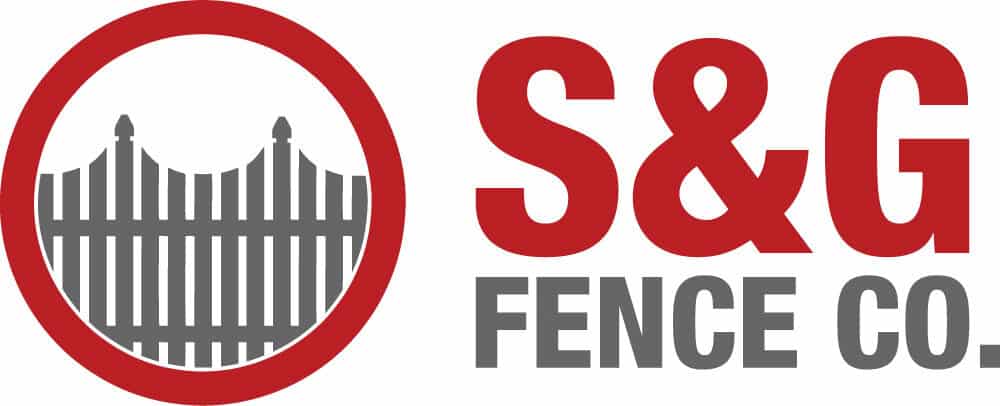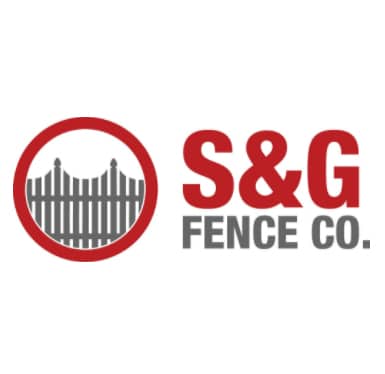Vinyl fences require very little maintenance and never need to be painted or sealed. However, even in the winter, they still need to be maintained in order to function properly.
If you do not implement the necessary maintenance on your vinyl fence on a consistent basis. The repercussions are relatively minor but have the potential to become much more serious. There are a few things that you should always keep in mind when it comes to the maintenance of your vinyl fence throughout the winter season.
It is typically advised that owners who buy a vinyl fencing system install it in the spring or fall. It is simpler to install than a winter fence at this time of year because the weather changes are less drastic.
However, bear in mind that vinyl will contract and alter slightly due to the cold temperatures if you are building a fence this winter. This could lead to instability.
One of the main advantages of vinyl fences is that they don’t require any special preparation. You should perform some little yard work before and during the winter since debris like snow and leaves can harm your fence.
Check out our tips on how to maintain your wood fence all year long for more information on seasonal fence upkeep.
Snow on Your Fence
Brushing snow off your vinyl fence will maintain the typical state of your vinyl fence. This should allow you to void allowing snow to build up on your vinyl fence. Snow can be more damaging than you think. It is possible that your vinyl fence could sustain damage as a result of the weight of the snow.
Keeping your vinyl fence dry is vital to your vinyl fence’s health and lifespan. Otherwise, your fence can become brittle and lead to cracking. The moisture of the snow can also create discoloration of your vinyl fence.
These cracks can cause debris to get stuck inside the gaps. Plants can begin to grow in these cracks as well. It is vital to your fence to consistently care for it and inspect for damage.
Ice and snow damage is the main wintertime threat to your vinyl fence. While some holiday decorations are okay, the weight of snow might cause your vinyl fence to sag, bend, or even shatter.
Snow Removal
It is recommended that you shovel the snow away from your vinyl fence so that it does not accumulate on the vinyl fence panels. Accumulation can cause warping and other potential damages to your fence. Keeping remaining snow near your vinyl fence can cause your fence to not properly dry.
You should avoid shoveling or blowing snow up against a fence that lines your driveway, parking lot, or walkway. Make sure the plow provider you choose, especially if they concentrate the snow in one area, is aware not to pile snow against your fence.
In order to prevent snow blowers or plows from getting too close to your fence and damaging it with the snow or the machinery itself, you might also think about setting up temporary plow marks away from your fence line.
Installing reflectors on your fence may also be an excellent decision. Both dark-colored fences at night and white or light-colored fences in snow shops can be difficult for vehicles to see. Reflectors might help avoid collisions between your fence and passing cars.
By doing so, your vinyl fence will be able to dry properly as a result of this. There is also a possibility that your vinyl fence will become discolored if snow does stay against your vinyl fence.
Trimming
By trimming limbs you can reduce your potential workload by removing the cause. Snow can add additional weight to branches, which can cause the branches to break off, potentially causing damage to your vinyl fence. It is essential to cut back any branches that are hanging low or that could potentially fall on your vinyl fence during the winter season. This should be done as soon as possible.
Trimming any surrounding branches is one of the most crucial aspects of vinyl fence maintenance you can perform to safeguard your fence. This is especially crucial if your fence is surrounded by trees.
During the winter, grass doesn’t grow very much, and during snowfall, it can not grow at all. But watch out for grass and weeds that are growing in the spaces between fence slats. Early removal of these keeps a little problem small and helps minimize damage to the base of your fence.
Simple weed-eating or manual weeding can reduce these annoying plant problems. A weed killer can also aid in slowing down weed growth in difficult-to-reach areas or in areas where you have problems reaching the plants’ roots.
You should also take measures if you’re putting up a fence during the winter, keeping snow and other debris out of the way and being aware that changes in temperature might cause expansion and contraction. It’s more crucial than ever to constantly inspect your fence for tiny problems and make sure your installation has the highest chance of success.
Your vinyl may become scratched and dented by branches that hang over it from trees or other plants. They will appear unappealing as a result, and your vinyl fence will crack more easily.
Trimming any overhanging branches would be a good idea to help avoid this before any harm could be done. In addition to keeping the vinyl clean, it can assist in preventing accidents. You should take the appropriate precautions to avoid your vinyl fence falling due to overhanging trees.
Repairs
Any repairs you need to make to your vinyl fencing should be swiftly taken care of. Before the hard weather arrives, check the fence for any missing or loose components so that you can plan repairs. The weight of the snow and the lowering temperatures will only exacerbate any existing damage to the barrier.
Don’t feel confident performing repairs on your own? Hire S&G Fence‘s team.
This will be a smart approach for you to make sure that your fence survives the winter without developing any lingering problems or more serious issues that need to be fixed in the spring.
Even while little maintenance will restore vinyl, you should still have a regular inspection routine. Early damage detection allows you to make repairs before they worsen.
It’s crucial to frequently inspect vinyl fences in inclement weather. If not repaired during severe weather, the dents and scrapes could easily turn permanent.
If damage does occur, making repairs to your vinyl fence as quickly as possible can prevent the problem from becoming even more drastic as temperatures drop or as the weight of snow accumulates.
If you give your vinyl fence the attention and maintenance it needs on a regular basis, you should be able to keep it in good condition. This is the single most efficient action that can be taken to ensure that it remains in good condition.
Maintenance
All year long, winter maintenance is performed. If your fence is in good condition and you frequently check it for flaws, you shouldn’t experience many issues during the actual winter.
Mold and mildew are two things that could ruin the appearance of your vinyl fence. Additionally, they might make the vinyl splotchy or eventually fragile, among other problems. You should take the appropriate actions to clean mold and mildew from the vinyl fence in order to assist prevent this.
To get rid of them, use a scrub brush and some soap. You might want to think about utilizing a pressure washer to help get rid of the mildew if it is deep-seated. You can occasionally use vinegar or bleach.
By letting snow accumulate, grass grows between the slats, and leaves or branches remain trapped, you endanger the fence’s structural integrity and reduce its lifespan. Even though the best fence for cold areas requires routine maintenance, it can resist the season with grace. By carrying out the necessary maintenance and keeping an eye on the tiny things as much as you can, you can give your fence the best chance possible.
Being cautious when shoveling or plowing snow is crucial if your fence and driveway are close to one another. Accidents happen, and if you’re not careful, it’s incredibly simple to damage your fence.
It’s also crucial to watch out for snow or ice that may fall from a garage or shed that is close to your fence in order to prevent it from touching your fence. Significant damage may result from this. In general, a vinyl fence is a solid choice and your finest fence for snow in cold climates. A winter fence can significantly improve a home’s appearance and value regardless of the type of fencing you select.
You can save money and increase the value of your property by using vinyl. Get the most out of the experience by hiring S&G Fence if you’re intending to install a winter fence.
To learn more about the vinyl fencing alternatives we offer, to get an estimate, or to speak with a member of the S&G Fence team, call our office right away.


